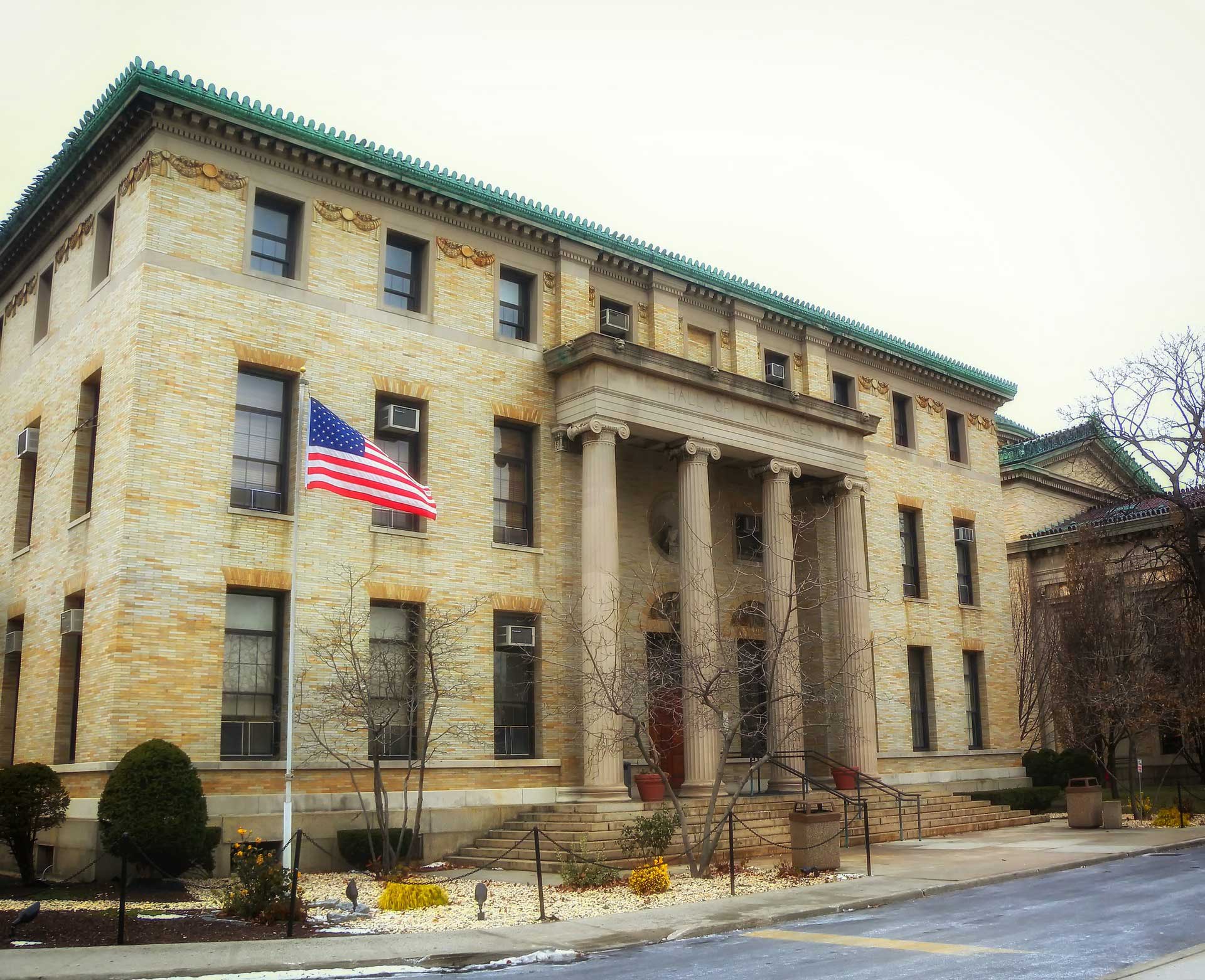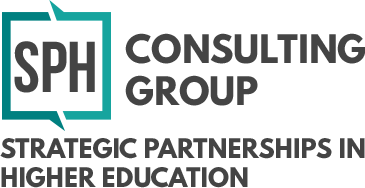Why should communities support their local institutions of higher education?
April 2, 2024

The decade-long downturn in enrollment at U.S. colleges and universities, due to a combination of demographic shifts, rising education costs, growing student debt, and appealing alternatives in the labor market, is more than just a statistic – it is a critical issue impacting our communities. A negative that has been accelerated by the COVID-19 pandemic. With over 90 institutions across 34 states facing mergers or closures since 2016, the effects are widespread.
Higher education plays a profound role in the economic fabric of their local communities. These institutions are not just centers of learning; they are often one of the region’s greatest economic assets. The decline in student enrollment, in combination with the accelerating move towards online education, can significantly impact local services such as entertainment and restaurants, employment, and the overall economic health of these areas.
The impact of colleges and universities on their local communities extends well beyond immediate economic impacts; they are often a catalyst for long-term community prosperity. For instance, 61% of community college graduates stay within 50 miles of their alma mater, demonstrating how these institutions not only develop but also help retain local talent. Many schools have aligned with labor market needs, creating stackable credentials that benefit students, employers, and the community. Moreover, research indicates that doubling a metropolitan area’s degree production can result in up to a 7% increase in local human capital levels.
The presence of a college can lead to a 65% increase in county population and a boost of 62% in local patent production, underscoring the transformative impact of higher education on innovation and community growth. The positive relationship between a college or university and the economy of their communities is further exemplified by the fact that, on average, individuals with bachelor’s degrees contribute approximately $278,000 more to local economies through direct spending over their lifetime, compared to those individuals with only a high school diploma. Furthermore, the quality of the institution plays a crucial role in augmenting these benefits.
These findings highlight the deep, interdependent relationship between institutions of higher education and the communities they serve and exist in, reinforcing the need for continued support and collaboration to foster mutual growth and prosperity. An illustrative case demonstrating the deep connection between educational institutions and their host communities is Philippi, West Virginia. The closure of Alderson Broaddus University has had a profound impact on the town. Formerly a thriving college town, Philippi is now struggling with the abrupt loss of a cornerstone institution. The closure has resulted in immediate economic challenges, including sharp declines in local businesses and an increase in vacant rental properties. With nearly 800 students and staff members no longer present, the town has not only lost population but also its sense of identity and vibrancy. The community of Philippi now faces the daunting task of envisioning its future without the university.
Notably, the relationship between communities and higher education institutions is reciprocal. Communities can also play a significant role in supporting local colleges by enhancing infrastructure and lifestyle offerings. For example, by creating more downtown housing, communities can offer accessible living options for students. Enhancing the quality of life is equally important; providing recreational amenities like trails, swimming pools, and unique local restaurants and cafes creates an appealing environment for students.
An example of a proactive strategy can be seen in Tucson, Arizona where the Tucson Metro Chamber, recognizing the need for skilled labor, is proactively working to keep University of Arizona students in the region post-graduation. They bring local emplyers into college classrooms and host special events, highlighting local career opportunities. This initiative aims to change the perception that Tucson lacks professional prospects. Moreover, local business and economic leaders have launched campaigns to attract new companies and talent, enhancing the region’s appeal.
The path forward? Collaboration and partnership. It is not just about weathering the storm; it is about thriving in a new educational era. Local communities hold significant sway in ensuring the sustainability and relevance of their higher education institutions. However, as has been discussed repeatedly in interviews with university leaders, it is common for communities to resist necessary changes like mergers or consolidations, fearing disruption and loss of identity. Ironically, such resistance can accelerate the decline of their local institutions of higher education.
Local communities should recognize their vested interest in the continued operation of their local colleges and universities, even if that involves major institutional restructuring, even if that includes a merger or consolidation. Rather than reflexively opposing change, communities should actively support the leadership of institutions in navigating these challenging but essential transitions. By forging strategic alliances, institutions can enhance their offerings, stabilize finances, and continue to be pillars of community growth. It is essential for communities to appreciate that if these major restructuring efforts are carefully considered, they likely represent proactive steps to try and ensure the long-term preservation of their local college or university’s mission, heritage, and operations. Different perhaps, but still in place.
Ultimately, the success of higher education institutions depends on the strength of their partnerships—with students, faculty, staff, and alumni – and with their broader community. Through collective efforts towards educational excellence and community prosperity, communities can navigate the complexities of today’s educational environment and emerge stronger and more resilient. At SPH Consulting Group, we are committed to guiding institutions through these complex challenges. Our expertise lies in identifying and fostering the right partnerships, creating win-win scenarios for your institution, the local economy, and most importantly, your students. Let us discuss how we can transform these challenges into opportunities for your institution.
To learn more about SPH Consulting Group and how we can help your organization, contact office@sphconsultinggroup.com.
Writer: A. Lisa Kremser, Associate, SPH Consulting Group
© 2024 SPH Consulting Group
